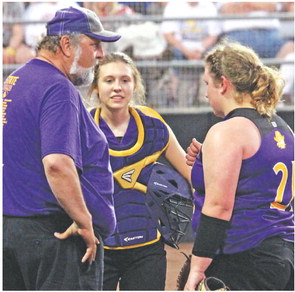GETTING HIS CALL TO THE HALL


Gilman’s Brian Phelps to be inducted on Feb. 11
One of his first goals in applying for the job was to bring some stability to a Gilman softball...


Gilman’s Brian Phelps to be inducted on Feb. 11
One of his first goals in applying for the job was to bring some stability to a Gilman softball...